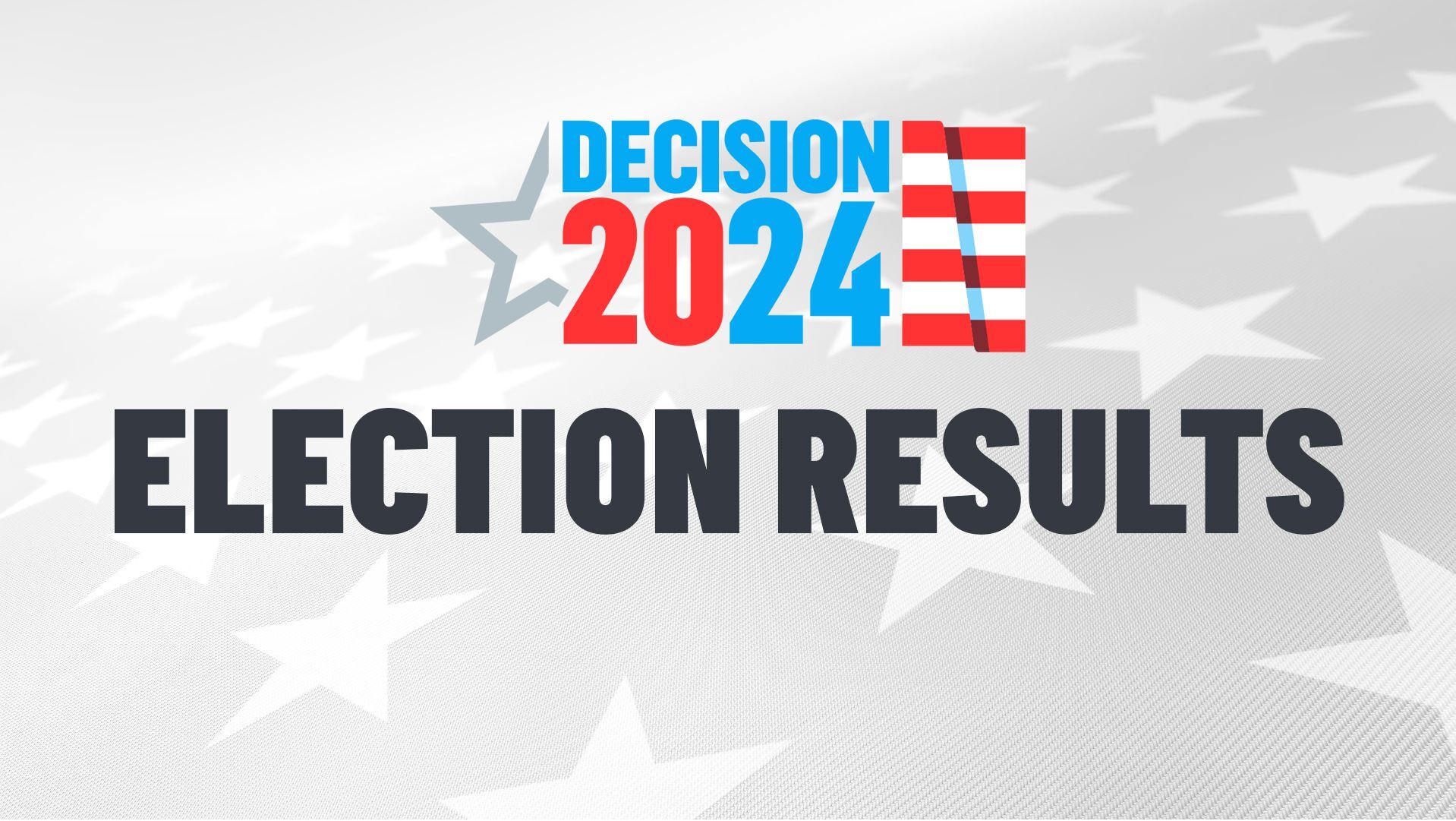Congressman Duncan Hunter trusted his wife to supervise expenditures from his campaign fund, and assumed Margaret Hunter would assure those payments were proper. That version of events is contained in newly-released excerpts of grand jury testimony by Hunter’s campaign treasurer and two other witnesses with close ties to the congressman and his wife.
“All three (witnesses) were remarkably consistent in explaining that, while Congressman Hunter was busy running for office and representing his constituents, virtually all of the spending issues underlying this prosecution began and ended with Mrs. Hunter,” wrote defense attorney Devin Burstein.
That court filing includes the following exchange between a federal prosecutor and Bruce Young, the Hunter’s campaign treasurer:
Prosecutor: These questions [asked during your grand jury testimony] have been concerned mainly with Margaret’s spending. Is that correct?
Young: Correct.
Prosecutor: Would it be fair to say that during the time you were campaign treasure,= you didn’t have similar problems with the Congressman’s spending?
Young: Talking about Duncan D. Hunter?
Local
Prosecutor: Correct.
Young: That’s correct.
Prosecutor: So as far as you could tell, at least on the information presented to you, the problem with those questionable expenses were limited to Margaret?
Young: That’s correct.
Prosecutor: I just want to make sure I’ve got it right that the problem really with expenses is limited to Margaret, not Duncan Hunter, right?
Young: That’s correct.
The defense filing notes that two other witnesses provided similar accounts.
Congressional field representative Joe Browning testified, “Margaret Hunter was ‘in control’ and that Congressman Hunter believed what his wife told him about spending.”
According to the court filing, campaign fundraiser Sheila Hardison testified that, “given his other responsibilities, [Hardison] did not feel that [Hunter] was really paying attention to the financial part.”
“This aligns with what Congressman Hunter has always maintained,” defense attorney Burstein wrote. “While he could have -- and perhaps should have -- kept a closer eye on campaign spending, he did not act with criminal intent.”
A spokesperson for the U.S. Attorney’s office declined to comment on this grand jury testimony.
Hunter faces a Jan. 22 trial on allegations that he and his wife illegally used more than $250,000 in campaign funds for personal use, including overseas travel, bar tabs, and video games for their children.
Margaret Hunter pleaded guilty and is expected to testify against her husband.
The newly-released grand jury testimony is also designed to counter the government’s effort to disqualify defense attorney Paul Pfingst, who recently joined Duncan Hunter’s legal team.
The government claims Pfingst has a conflict of interest because one of his law partners represented Young, Browning and Hardison when they testified to the grand jury.
In his Nov. 18 motion, defense attorney Burstein argues that no conflict exists. That dispute could be resolved at a hearing scheduled for Nov. 25.



